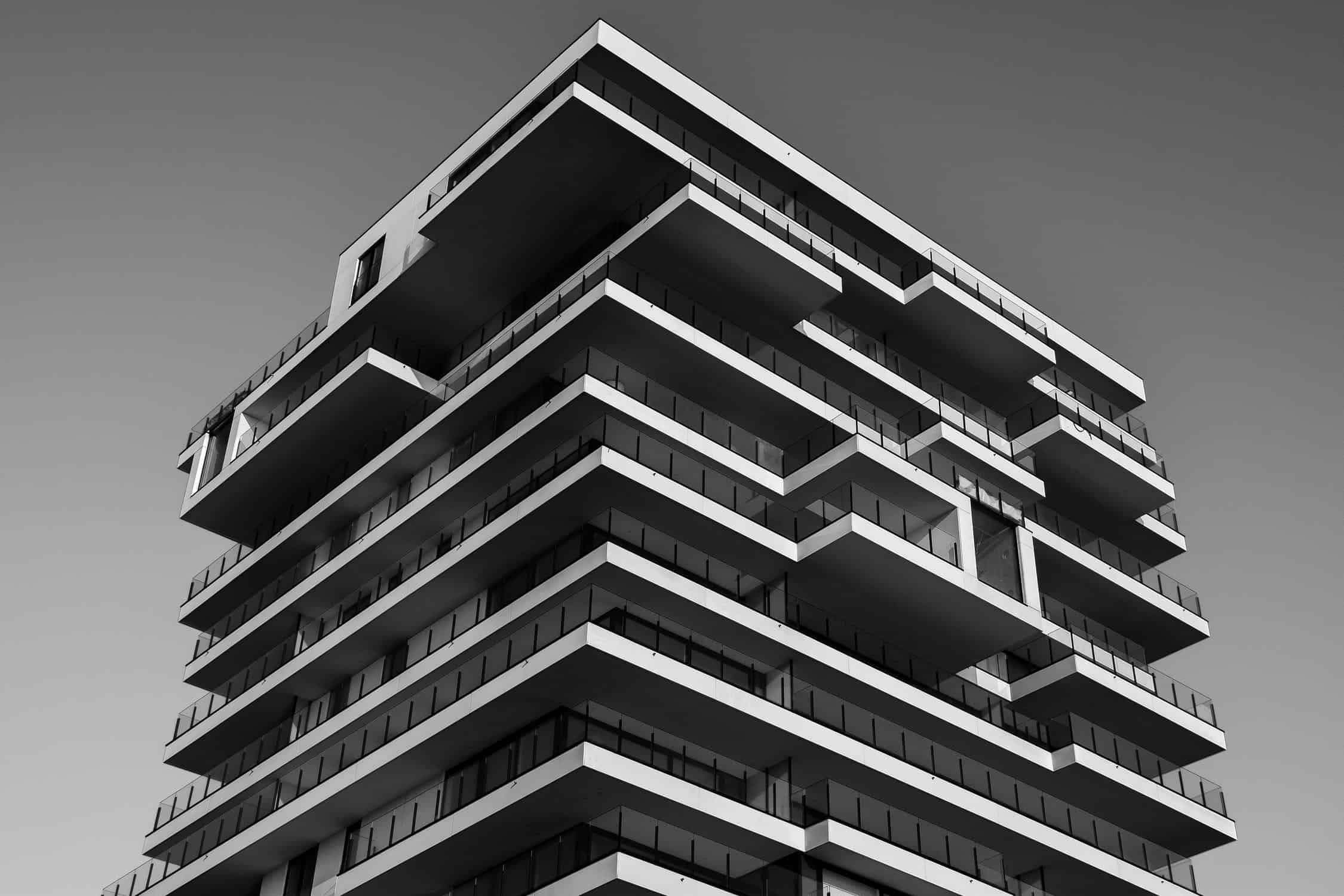Mississauga considering extending mandatory mask bylaw to common areas in condo and apartment buildings
Published August 4, 2020 at 9:14 pm

Although the city initially said it would allow individual condo boards and property management companies to decide whether or not to mandate the use of non-medical masks or face-coverings inside the common areas of residential buildings, it’s now considering a motion to extend its existing mask bylaw to common elements in private residences.
The motion, put forward by Ward 1 Councillor Stephen Dasko, will be considered at an Aug. 5 city council meeting.
The move to extend the bylaw to common areas in residential buildings comes after Toronto councillors voted to make masks or face-coverings mandatory in condo and apartment lobbies, elevators, mailrooms, hallways and other shared spaces.
Dasko’s motion notes that while the city’s mandatory mask bylaw currently applies to the common areas of hotels, motels and short-term accommodations, it does not apply to private residential buildings even though “physical distancing may not be possible” in common areas.
The motion calls on council to amend the current face-covering bylaw to require the owners and operators of residential buildings to adopt a face-covering policy in accordance with Mississauga’s existing bylaw.
At a press conference held two weeks ago, Mayor Bonnie Crombie signalled that the city would not be taking Toronto’s lead on pushing to mandate face-coverings in shared spaces in condo and apartment buildings, adding that the city might not have the authority to do so.
“I just had that same conversation with [Peel Medical Officer of Health Dr. Lawrence Loh] and we believe that because these are privately run facilities that we don’t have the ability to…require mandatory masks,” Crombie told reporters on July 22.
The current mask bylaw, which requires the use of a non-medical mask or face-covering (such as a bandana or scarf) in any indoor public space in the city, came into effect on July 10.
Masks are currently required in retail stores, shopping malls, restaurants (except when eating or drinking), grocery stores, convenience stores, places of worship (except during a religious rite or ceremony that is incompatible with the face being covered), indoor sports and recreational facilities, common areas of hotels and motels and other short term accommodations, libraries, museums, galleries, theatres, concert venues, open houses, MiWay buses, taxis and ride-share vehicles, municipal buildings and other indoor spaces that are open to the public.
Dr. Lawrence Loh, Peel’s Medical Officer of Health, has strongly recommended that, absent a bylaw or bylaw amendment, masks be worn inside the common areas of residential buildings.
Diverging from her initial stance, Crombie told reporters at a July 29 press conference that the city was in the process of seeking legal advice on implementing Mississauga-specific public health measures surrounding common areas in condos and apartments.
That same day, Crombie also mentioned that the city was seeking advice on possibly implementing additional public health measures around bars, gyms and fitness facilities.
On July 31, the province announced–after days of pressure from GTHA mayors–that it’s implementing additional measures for restaurants, bars, and other food or drink establishments. Additional rules include requiring patrons to remain seated at all times (bathroom breaks are, of course, permitted) and mandating bar and restaurant operators keep client logs for contact tracing purposes.
The Ontario government has not moved to implement a province-wide mandatory mask policy in condos and apartments.
Residents who fail to comply with the city’s mask policy (which does not apply to children under two or those with some medical conditions) could face fines of up to $500.
insauga's Editorial Standards and Policies advertising





